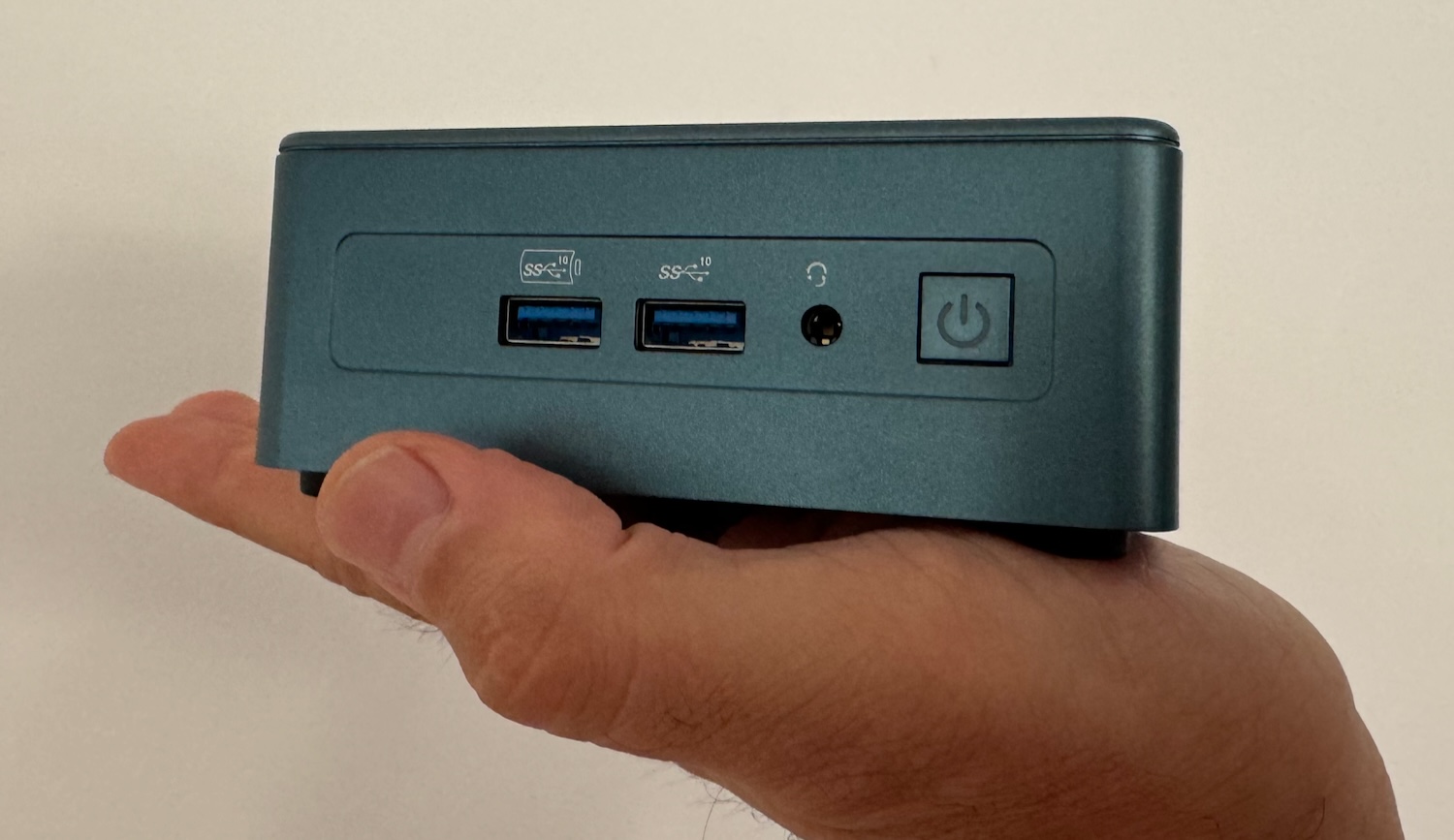What just happened? We’ve been hearing about self-driving trucks for years now, but their development feels far behind that of self-driving cars, an industry that itself has faced problems in recent times. Now, however, Mercedes-Benz subsidiary Daimler Truck has revealed its first autonomous truck demonstrator ahead of what the company says will be fully driverless freight hauling by 2027.
The truck showing off the self-driving tech was a fully-electric version of Daimler’s Freightliner Cascadia models, packed with long-range sensors that allow it to view the surrounding environment, writes The Verge. A powerful computer analyses the data and makes driving decisions based on this information.
Self-driving truck companies have previously been cagey about revealing potential launch dates for their products, but Daimler says it wants its vehicles on the roads somewhere in the Southwest US in 2027, transporting goods between hubs as part of a middle-mile freight hauling service.
Self-driving trucks go back a long way. Back in 2016, Otto, the self-driving truck start-up purchased for $680 million by Uber earlier that year, completed its maiden voyage, delivering beer in Colorado using a semi-trailer truck retrofitted with an array of cameras, lidar and radar equipment.
But Uber shut down its self-driving trucks project just two years later, in 2018, as it switched focus to autonomous cars rather than trucks.
Waymo also had a self-driving truck program but that was deprioritized in favor of ride-hailing last year. The company partners with Daimler and its Torc subsidiary on the development of autonomous platforms.
As with all autonomous technology, self-driving trucks place a question mark over their impact on human jobs. Joanna Butler, head of Daimler’s global autonomous technology group, did little to alleviate those fears when she said Daimler was targeting “an autonomous vehicle that doesn’t sleep, doesn’t need to stop, and basically can drive continuously in the Level 4 hub-to-hub mode.”
Autonomous and semi-autonomous vehicle systems have made some concerning headlines recently. Last month saw the US open an investigation into Ford’s BlueCruise driver assist feature after two fatal accidents, while Tesla’s Autopilot was linked to dozens of deaths and 1,000 crashes. Tesla also recalled over 2 million vehicles in US due to autopilot flaws in December.
The biggest self-driving story from last year involved Cruise. A woman was struck by a human-driven car in October, hurling her in front of a driverless Cruise taxi that ran her over and stopped with its rear tire still on her leg. The DMV later revealed that the Cruise vehicle attempted a pullover maneuver after it stopped while the pedestrian was still under the wheels, dragging her another 20 feet.
Daimler says it will only start producing the autonomous Freightliner once the company believes it is safe enough to begin testing on public roads, which will involve safety drivers being behind the wheel at all times. The company said it envisions more advanced, future models that lack steering wheels and other traditional controls.











